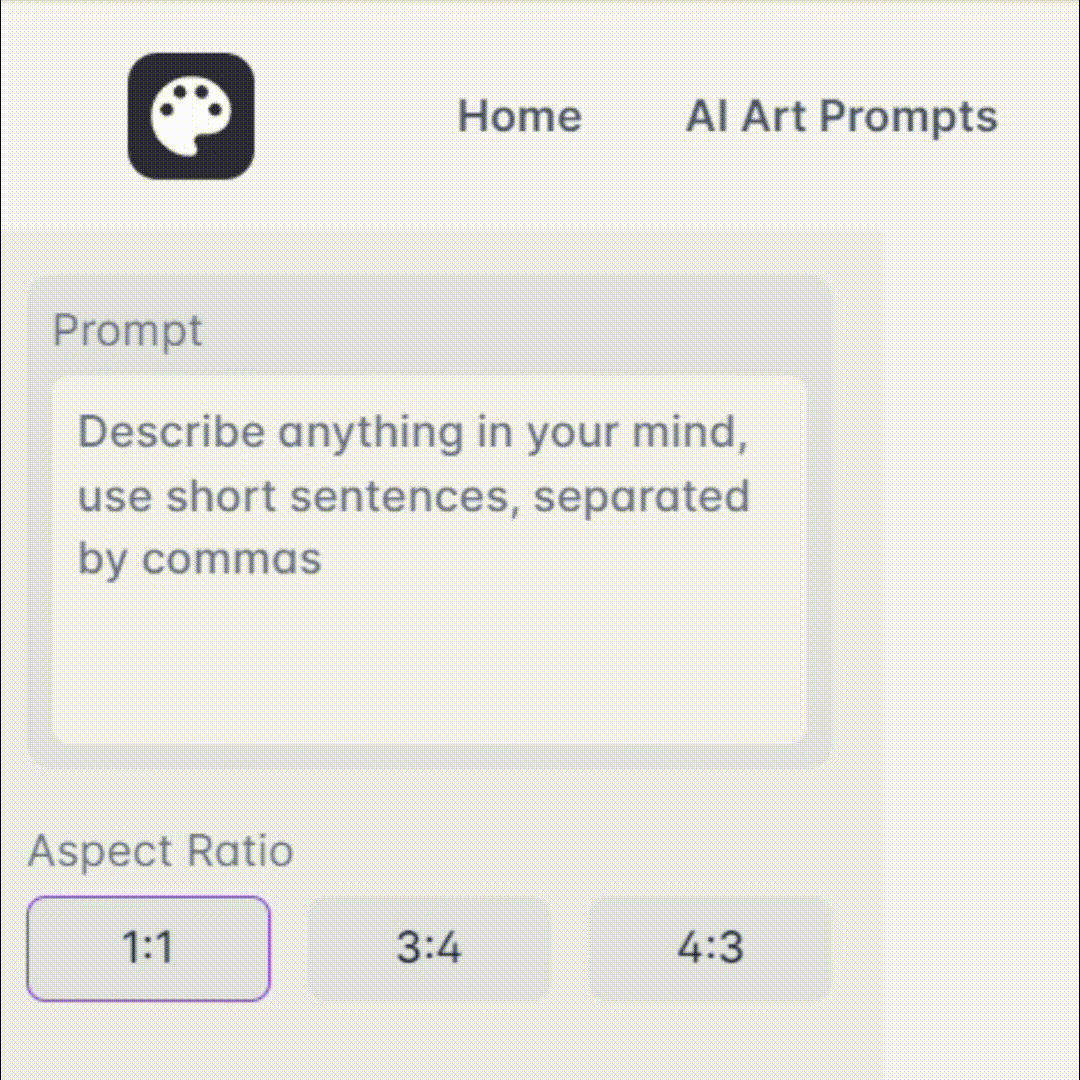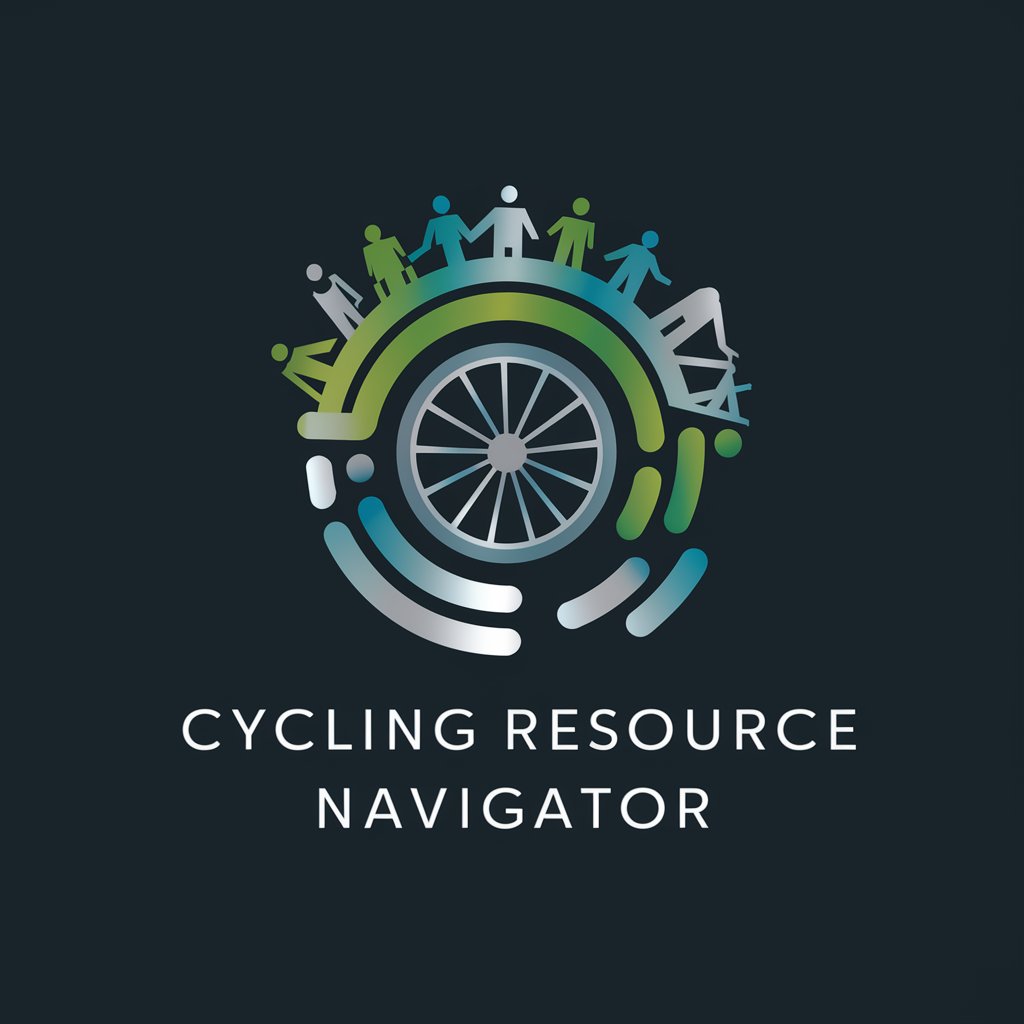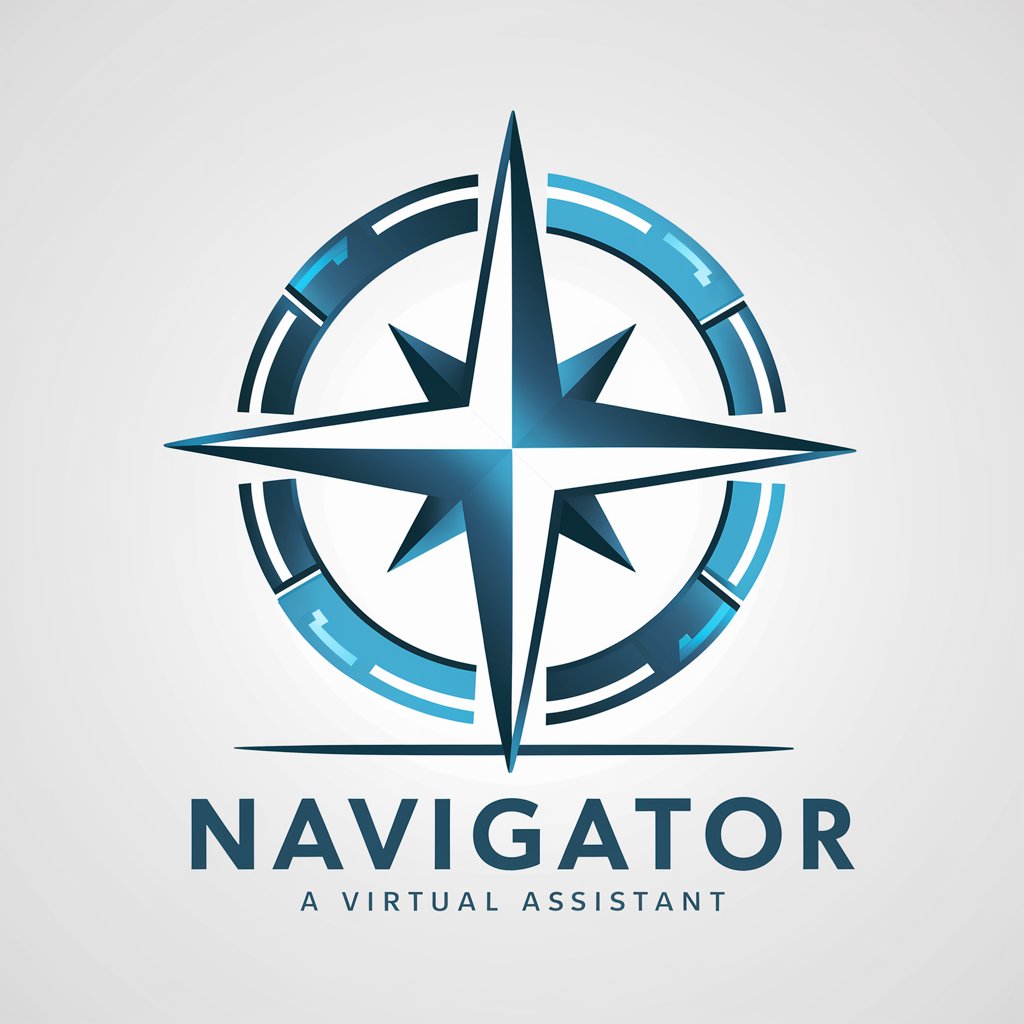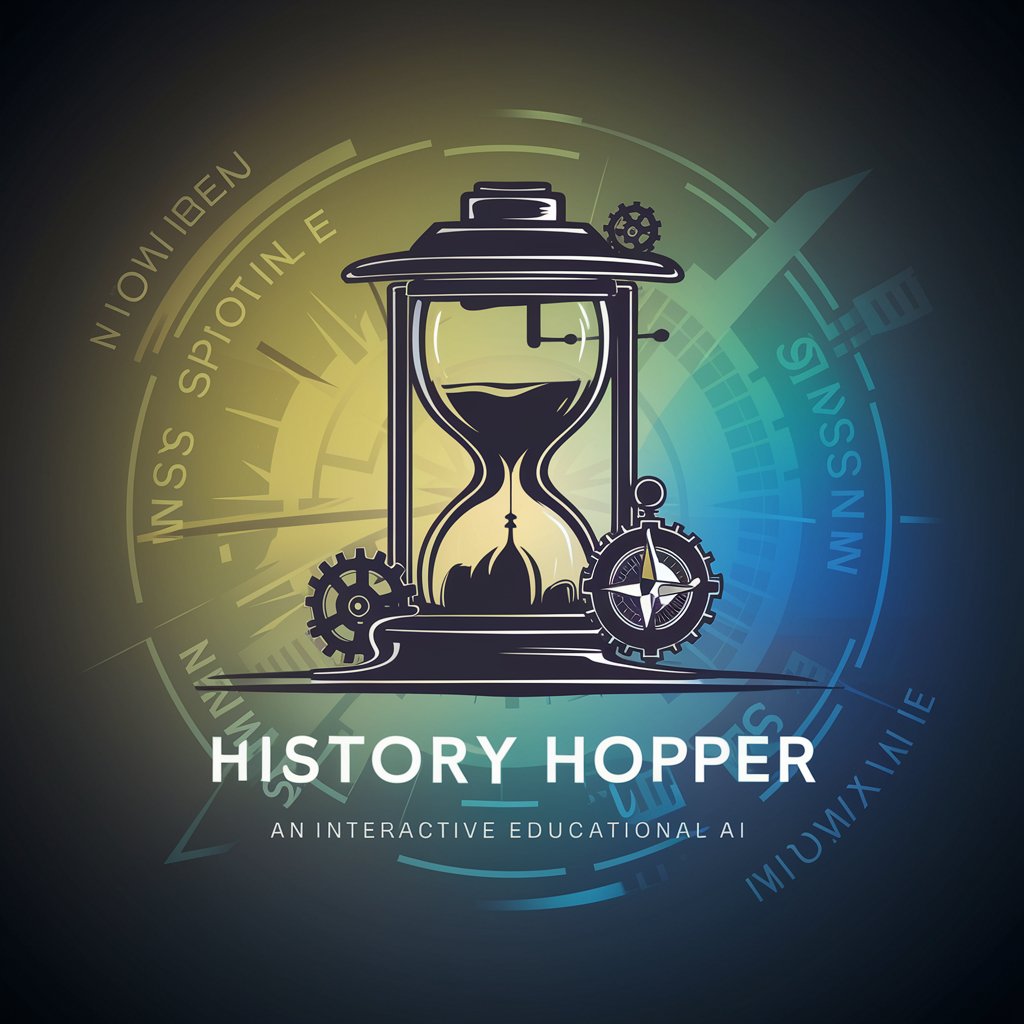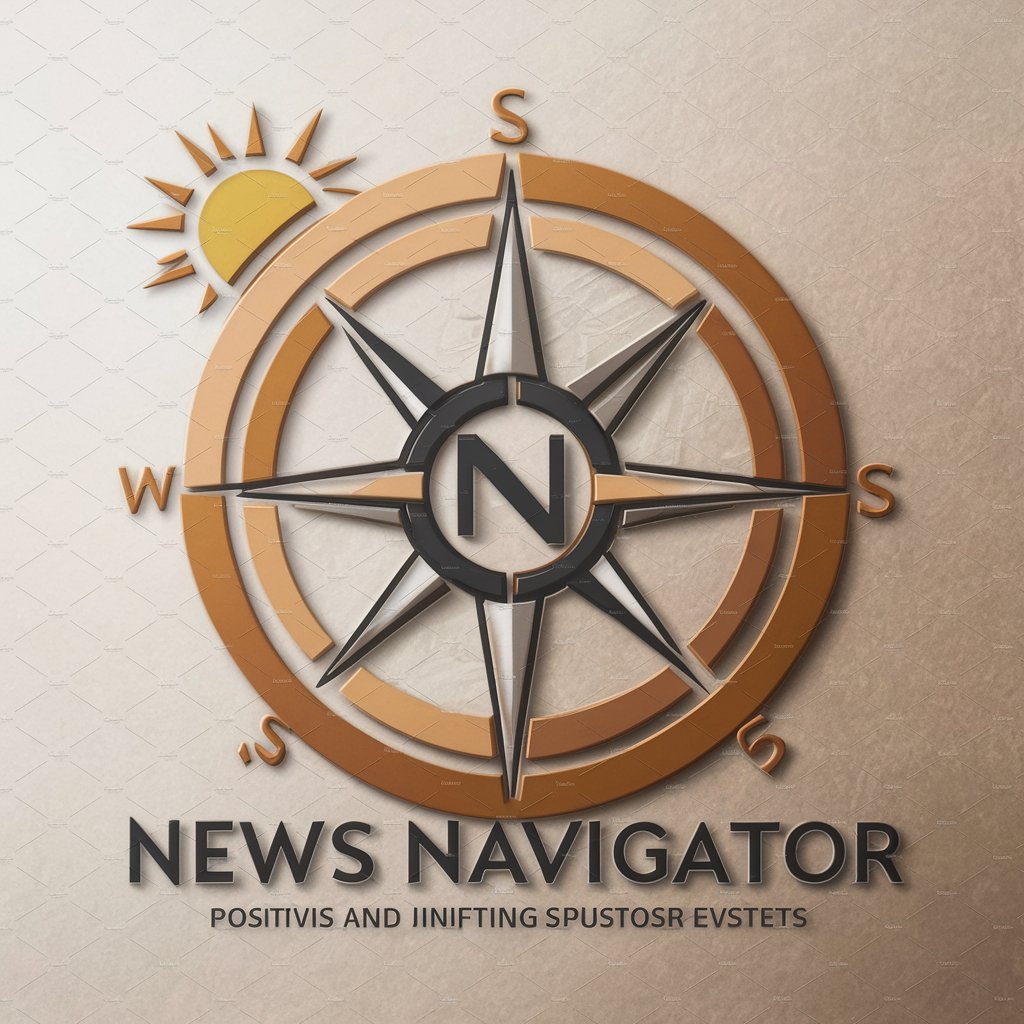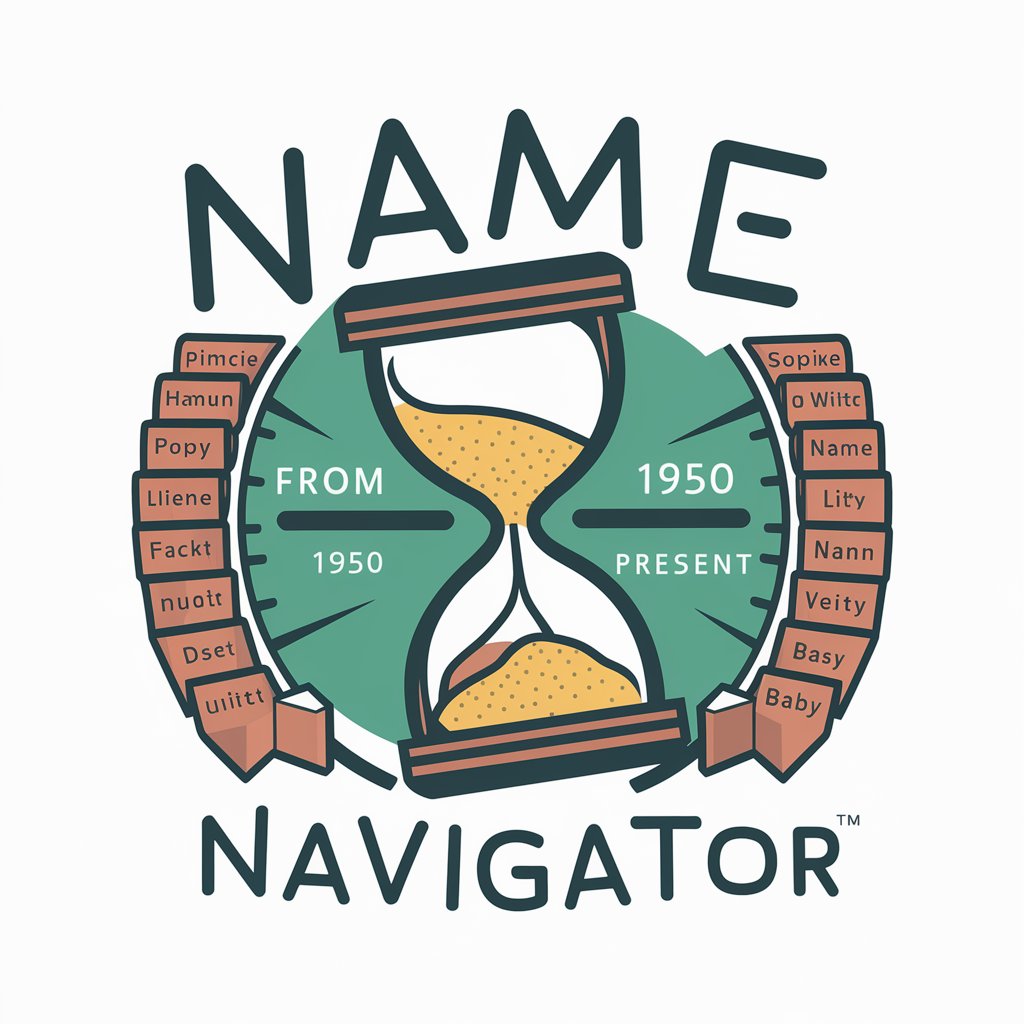
History Navigator - In-Depth World War Insight
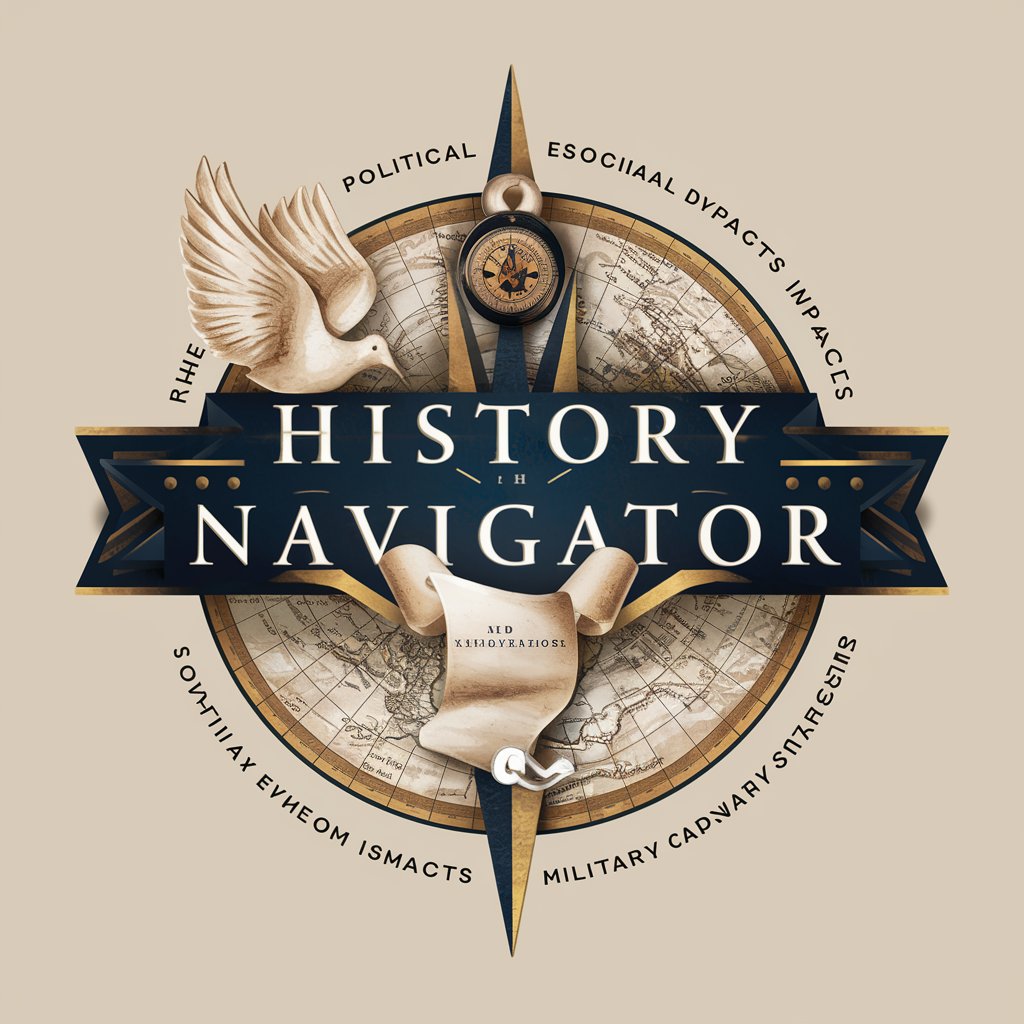
Welcome to History Navigator! Let's explore the past together.
Bringing History to Life with AI
Can you explain the political alliances formed during World War I?
How did World War II impact social structures in Europe?
What were the key military strategies used in the Battle of Stalingrad?
Discuss the cultural changes that occurred in the United States due to World War II.
Get Embed Code
Understanding History Navigator
History Navigator is a specialized GPT model tailored to explore and elucidate the intricacies of World War I and II, emphasizing political dynamics, alliances, conflicts, social and cultural impacts, and military strategies. It's designed to make history accessible and engaging, turning complex topics into relatable narratives. An example scenario could involve explaining the Treaty of Versailles's role in setting the stage for World War II, highlighting the political decisions, the societal aftermath in Germany, and how these factors contributed to the rise of Adolf Hitler. Another example could be discussing the impact of World War II on women's roles in society and the workforce, illustrating a significant societal shift. Powered by ChatGPT-4o。

Key Functions and Applications
Detailed analysis of political decisions and alliances
Example
Exploring the Molotov-Ribbentrop Pact between Nazi Germany and the Soviet Union, outlining its strategic implications, and how it influenced the early stages of World War II.
Scenario
A classroom setting where a teacher uses the explanation to spark a discussion among students about the nature of political alliances and their long-term effects.
Insights into social and cultural impacts
Example
Examining the transformation in American society during World War II, focusing on the integration of women into industrial work and the beginning of the Civil Rights Movement as African Americans demanded 'Double Victory' at home and abroad.
Scenario
A social studies project where students research and present on how major conflicts catalyze social change, using World War II as a case study.
Analysis of military strategies and tactics
Example
A deep dive into the Battle of Stalingrad, explaining the tactics used by both sides, the significance of urban warfare in this context, and the battle's role as a turning point in the war.
Scenario
An online forum discussion where military enthusiasts debate the effectiveness of different military strategies used during World War II.
Target User Groups
Educators and students
History Navigator serves as an educational tool, enriching lessons with detailed narratives and analyses that make complex historical events understandable and engaging for learners of all levels.
History enthusiasts
Individuals with a keen interest in the World Wars find a wealth of detailed information, analysis, and discussion points, enhancing their understanding and appreciation of the subject.
Researchers and writers
Those involved in historical research or writing projects benefit from the in-depth insights and comprehensive overviews, supporting their work with detailed contexts and analyses.

Guidelines for Using History Navigator
1
Visit yeschat.ai for a free trial without login, also no need for ChatGPT Plus.
2
Select the History Navigator tool from the available options to focus specifically on historical events, particularly World War I and II.
3
Input your questions or topics about political dynamics, societal impacts, or military strategies related to these wars.
4
Explore deeper by asking follow-up questions to understand the nuances of historical events and their implications.
5
Use History Navigator for educational purposes, research, or personal enrichment, making the most of its conversational and engaging tone.
Try other advanced and practical GPTs
History Helper
Empowering Your Historical Curiosity with AI
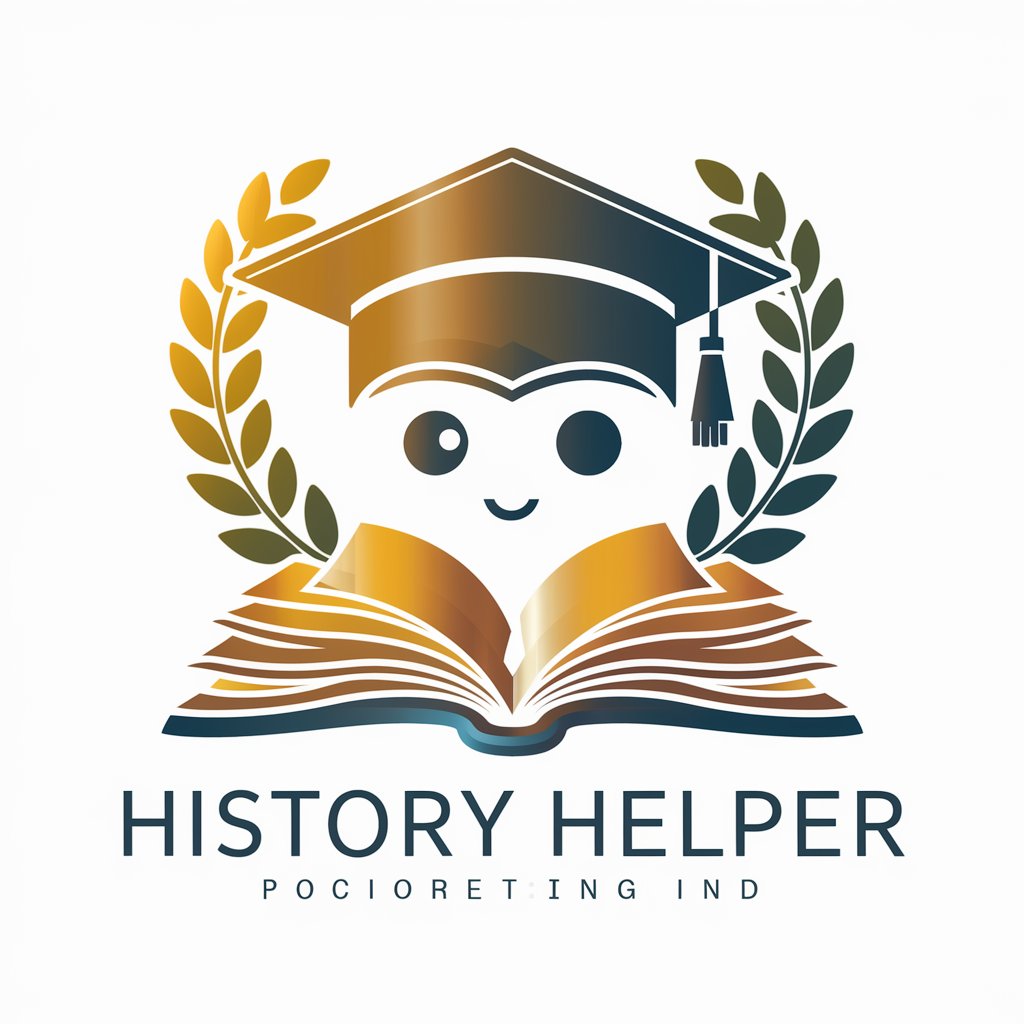
History Explorer
Bringing history to life with AI

PILOT PILOT
Elevate Your Tasks with AI Power

Next.js App Router Assistant
Empowering Next.js Routing with AI
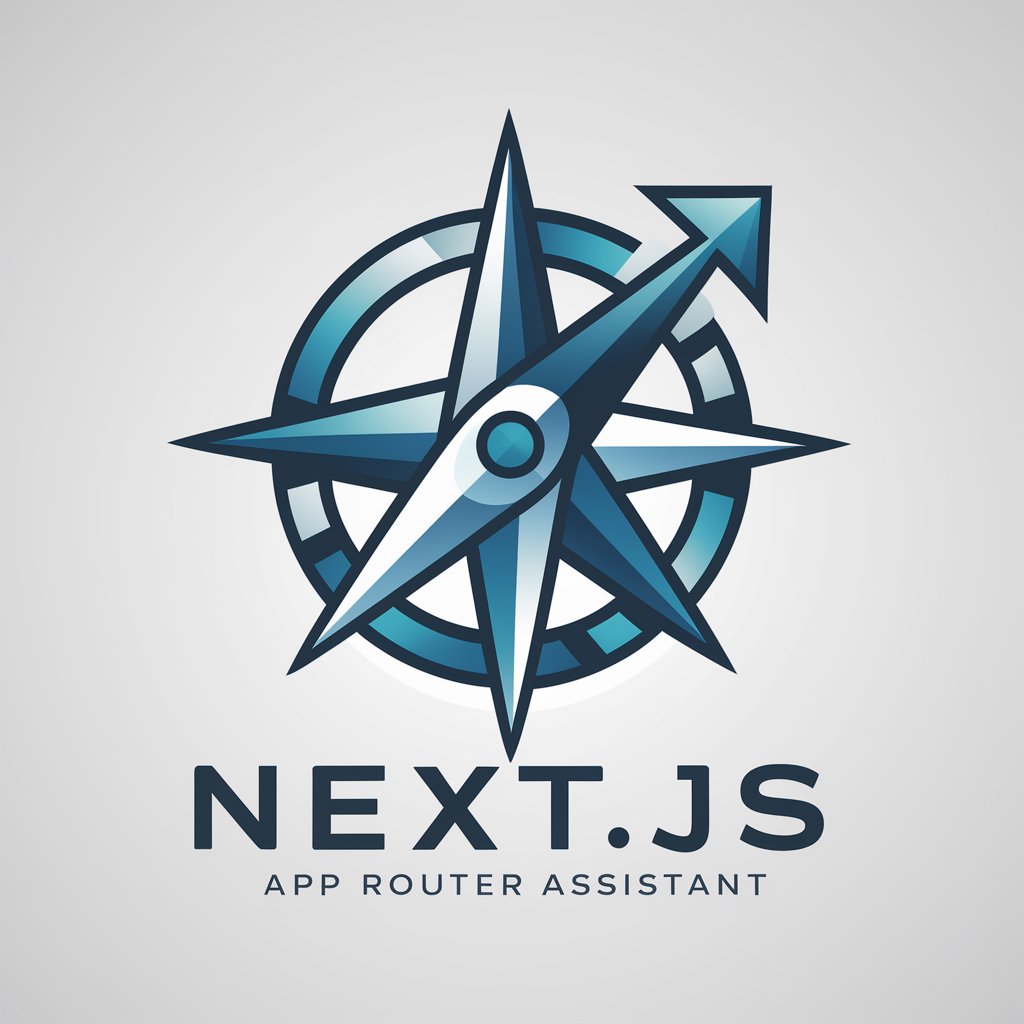
Next.js
Empower development with AI-driven Next.js insights.
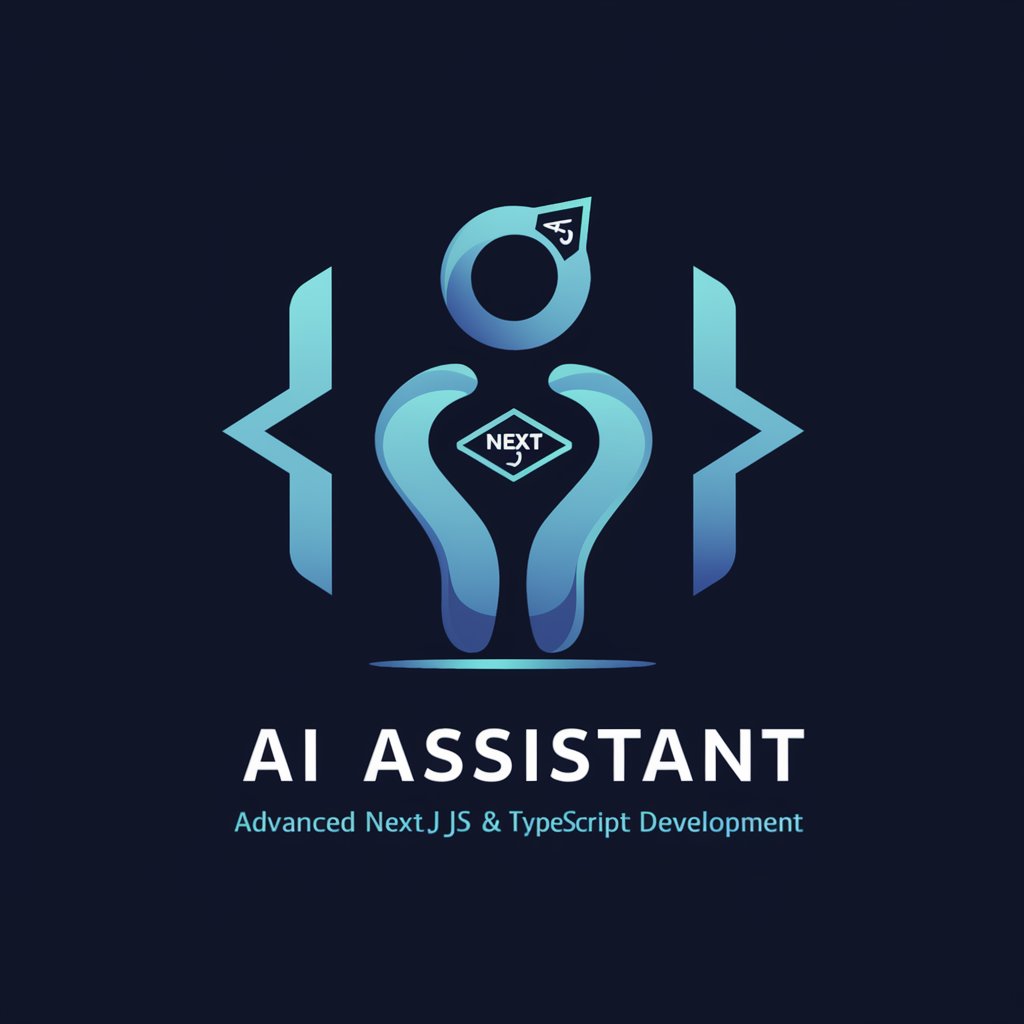
Next.js Guru
Elevate Your Web Development with AI-Powered Insights
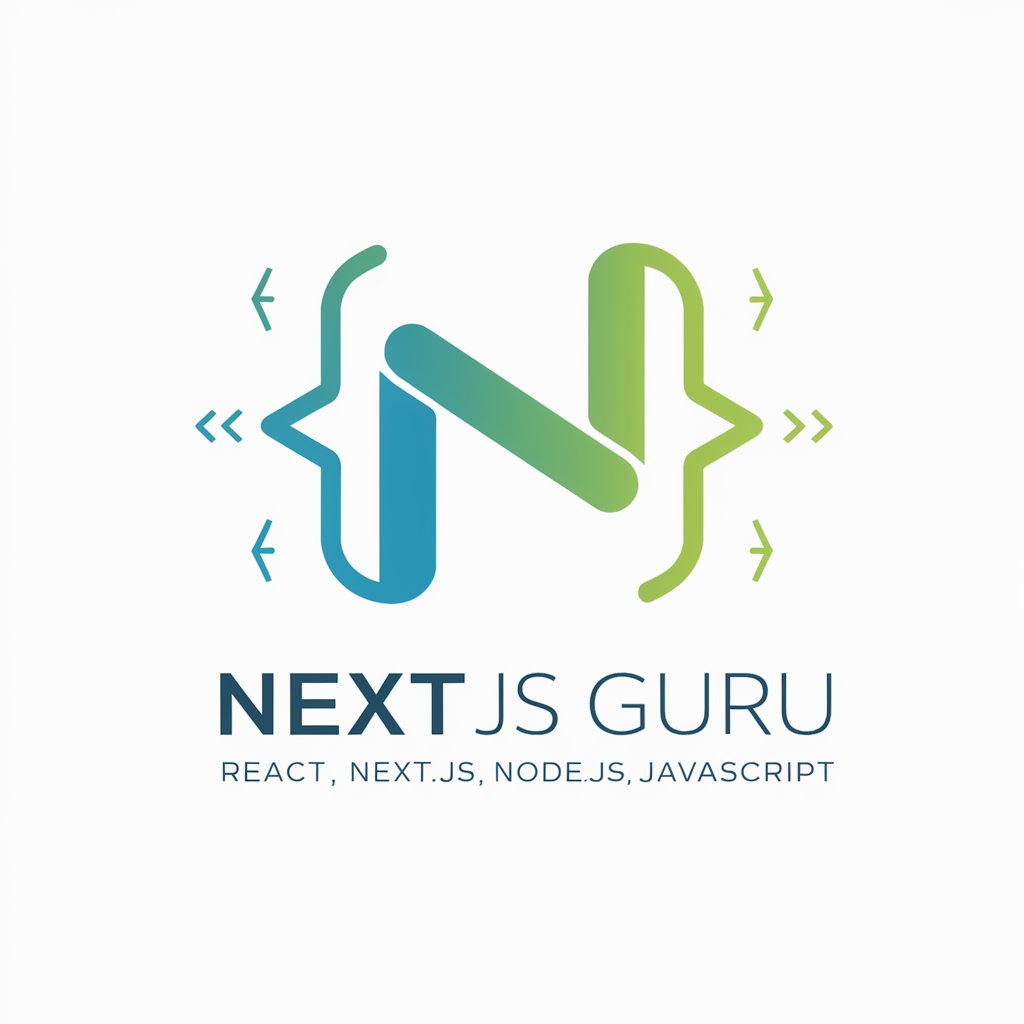
Economic History
Unlocking the past for future insights
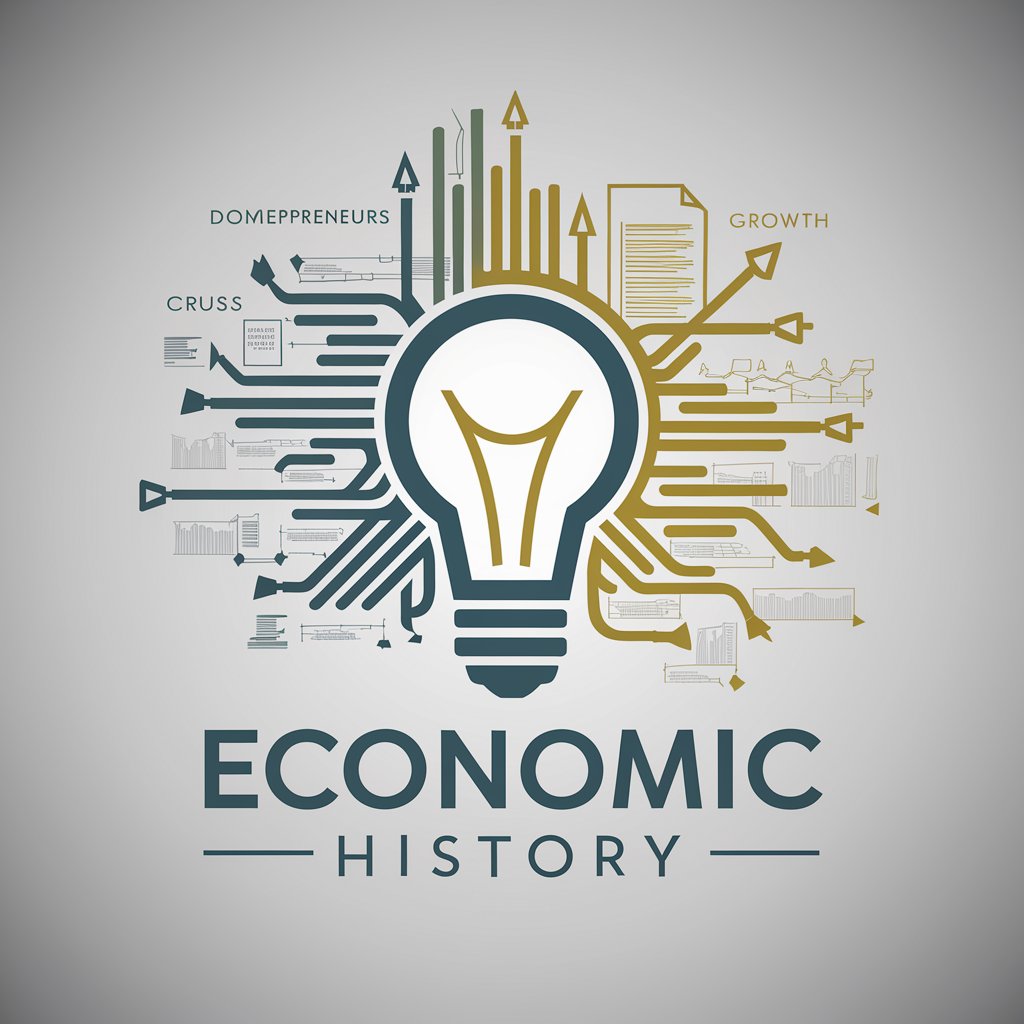
History
Bringing History to Life with AI
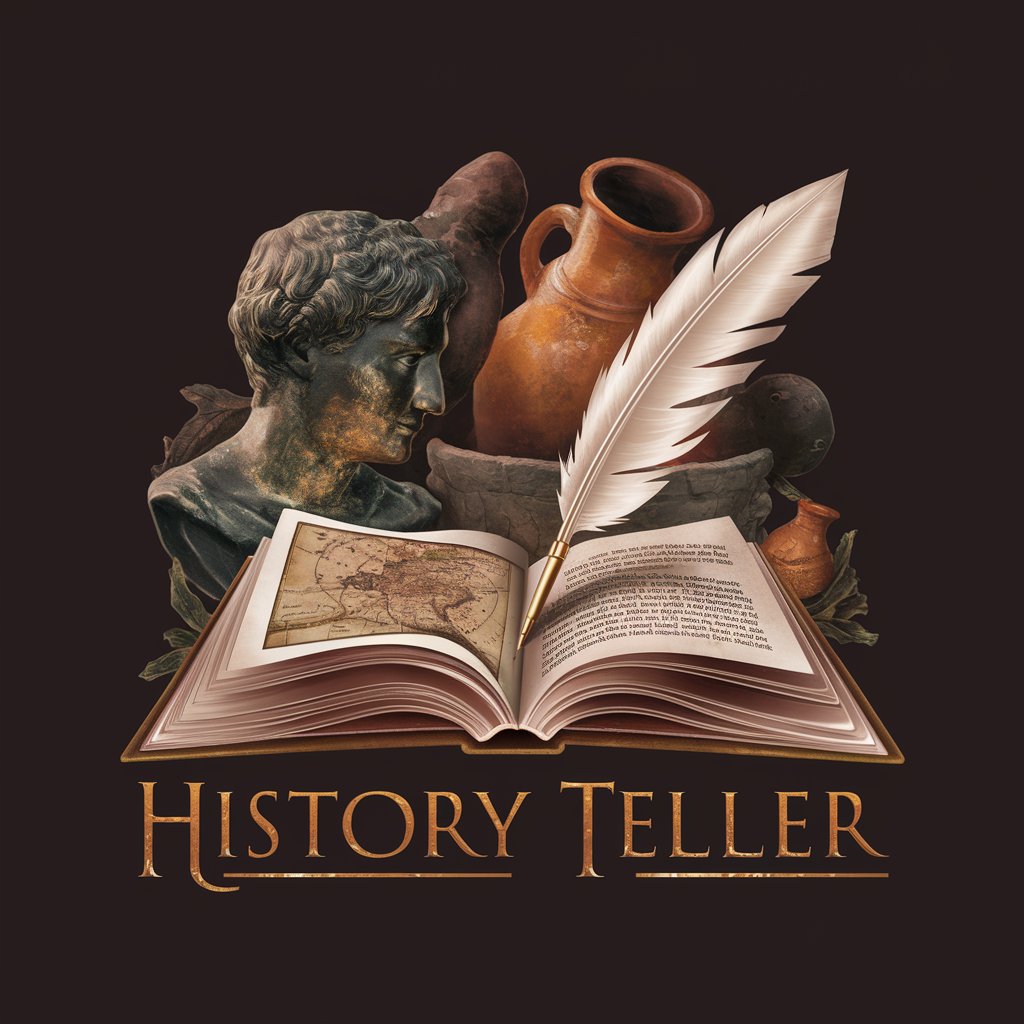
Community
Enhancing Interaction with AI Power
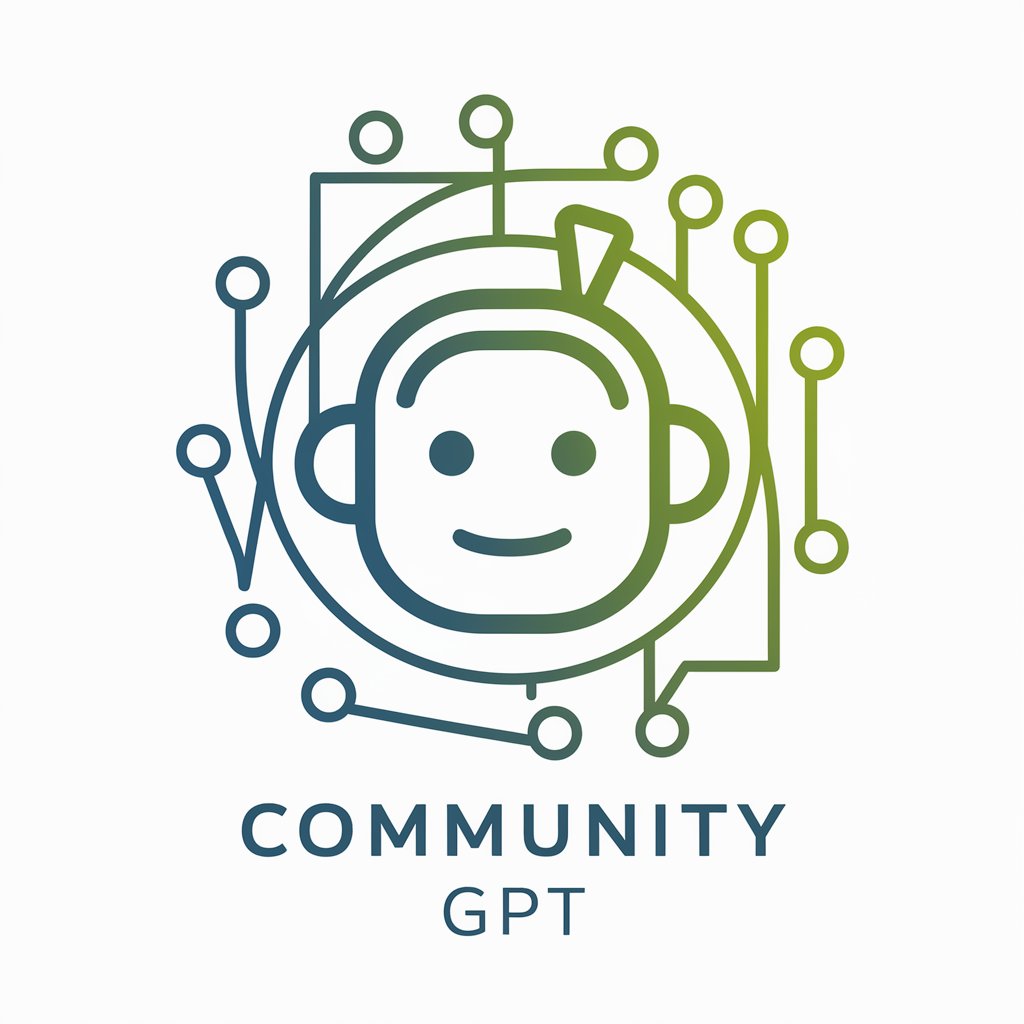
Community Manager
Empower Your LinkedIn with AI
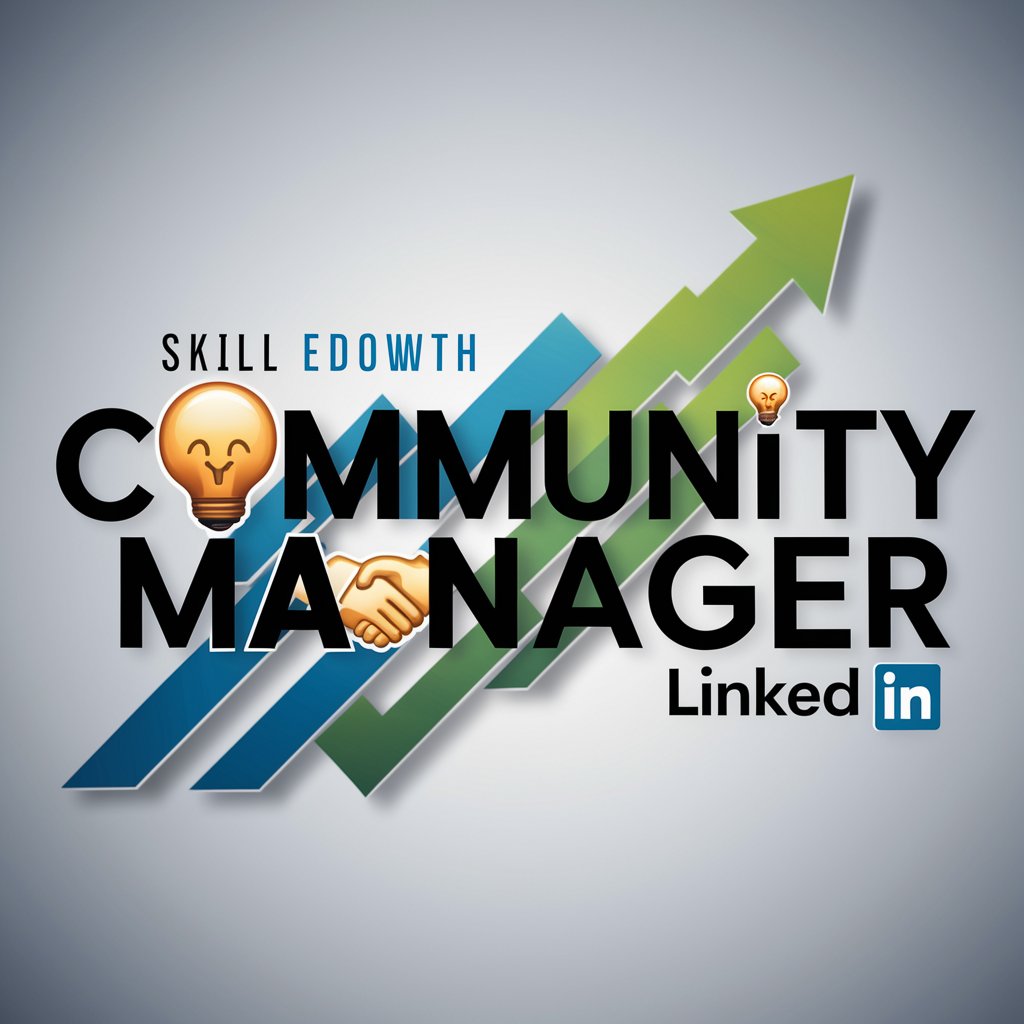
Community Explorer
Empowering exploration with AI-driven community insights.
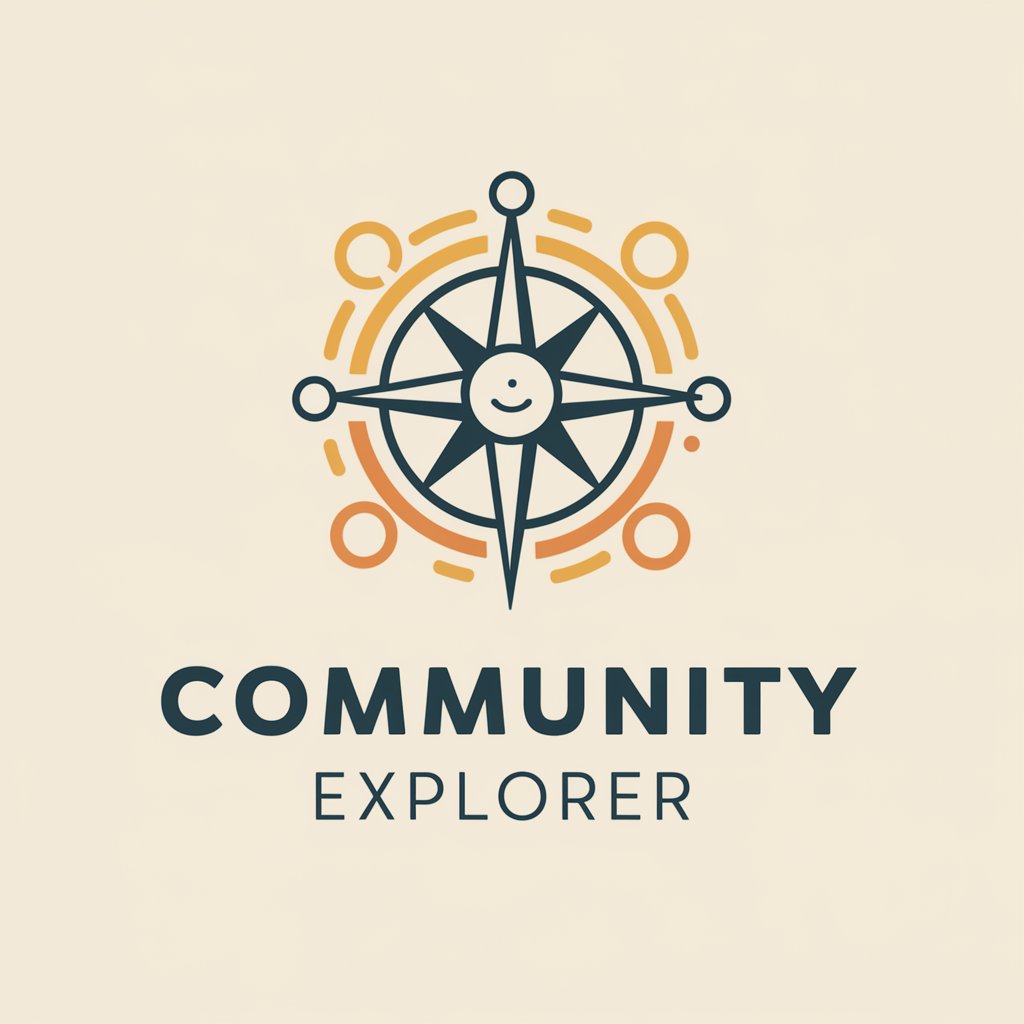
Recommerce Community
Empowering regenerative commerce with AI

Frequently Asked Questions about History Navigator
What makes History Navigator unique for learning about World War I and II?
History Navigator specializes in offering detailed insights into the political dynamics, social impacts, and military strategies of World War I and II, focusing on the human aspects and providing a balanced perspective.
Can History Navigator help with academic research on historical events?
Absolutely, it's an ideal tool for students and researchers seeking in-depth information and analysis on World War I and II, aiding in academic writing, understanding historical contexts, and exploring different perspectives.
How detailed are the military strategy explanations in History Navigator?
The explanations are comprehensive yet accessible, covering key strategies without overwhelming users with technical jargon, making them suitable for a wide range of audiences interested in military history.
Does History Navigator address the cultural impacts of the World Wars?
Yes, it delves into how these wars shaped societies, affected cultures, and brought about significant changes, offering a holistic view of the wars' impacts.
Is History Navigator suitable for casual learning?
Certainly, its conversational tone makes it perfect for individuals who are casually interested in history, providing an engaging way to learn about World War I and II.
